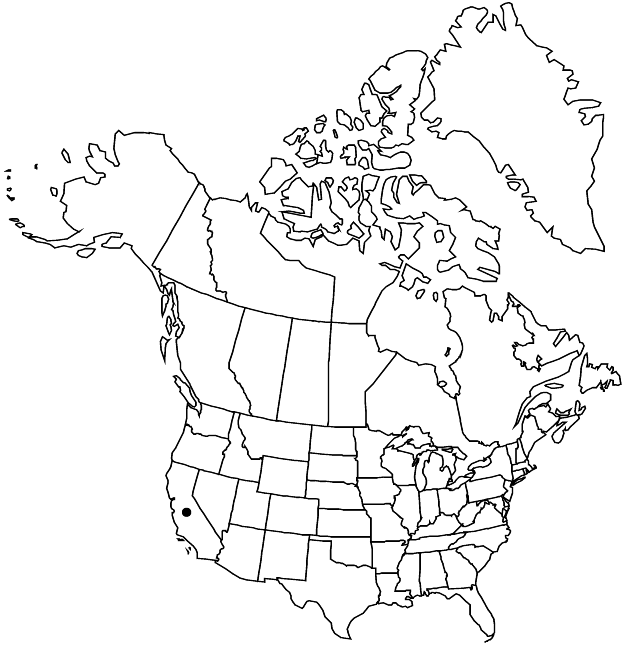Eriogonum alpinum
Bot. Gaz. 7: 6. 1882.
Herbs, spreading, compact, 0.2–0.6 × (0.3–)0.4–1 dm, tomentose. Stems: caudex absent; aerial flowering stems erect or nearly so, slender, solid, not fistulose, arising directly from a taproot, (0.3–)0.4–0.6 dm, floccose, with a whorl of 3–5 leaflike bracts ca. or slightly below midlength, 0.4–0.8(–1) × 0.15–0.4(–0.7) cm. Leaves basal, in well-defined rosettes; petiole 1–2(–3) cm, tomentose; blade oval to round-oval, 1–2(–3) × 1–2(–3) cm, densely whitish- or grayish-tomentose on both surfaces, margins entire, plane. Inflorescences capitate, 1–2(–2.5) cm wide; branches absent; bracts absent immediately below involucre. Involucres 1 per node, broadly campanulate, 3–5(–6) × 4–7(–10) mm, tomentose; teeth 6–12, erect, 0.5–0.9 mm. Flowers (3–)4–8 mm, including 0.5–0.8 mm stipelike base; perianth bright yellow, glabrous; tepals monomorphic, oblong-obovate; stamens included to exserted, 3–6 mm; filaments pilose proximally. Achenes light brown, 4–5 mm, glabrous.
Phenology: Flowering Jul–Sep.
Habitat: Serpentine slopes and ridges, montane conifer woodlands
Elevation: 2000-2800 m
Discussion
Of conservation concern.
Eriogonum alpinum is a rare and localized species found only on the slopes of Scott Mountain (where it is known only from the type collection), Cory Peak, and Mt. Eddy on the border of Siskiyou and Trinity counties. It is considered to be a “sensitive” species by the U.S. Forest Service, but is listed as endangered by the state of California.
Selected References
None.
